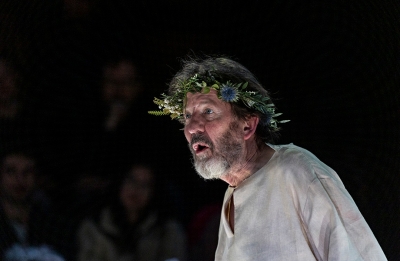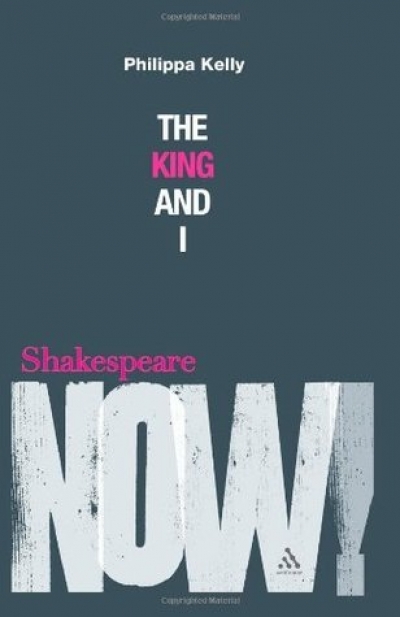King Lear
King Lear is the Everest of Shakespeare’s tragedies, looming over theatre companies, challenging them to make the perilous ascent. It is also the darkest. Hamlet may finish with almost as many bodies strewn around the stage, and Macbeth delves deep into malign forces unleashed by cravings for power, but with the former ending with the arrival of Fortinbras, Hamlet’s chosen successor, and the latter with the ascension of Malcolm there is some sense of a positive outcome. ... (read more)




